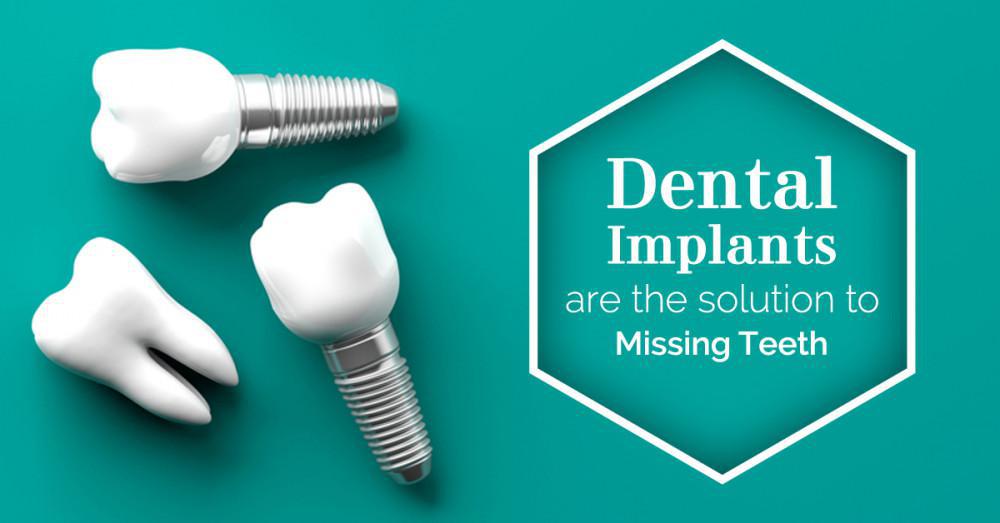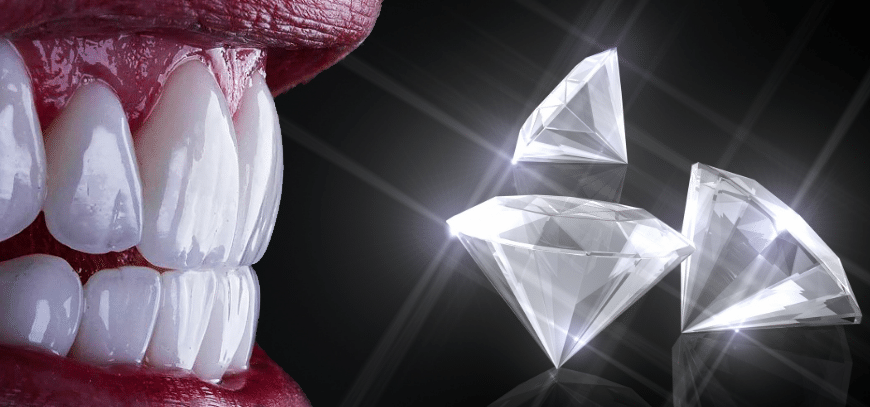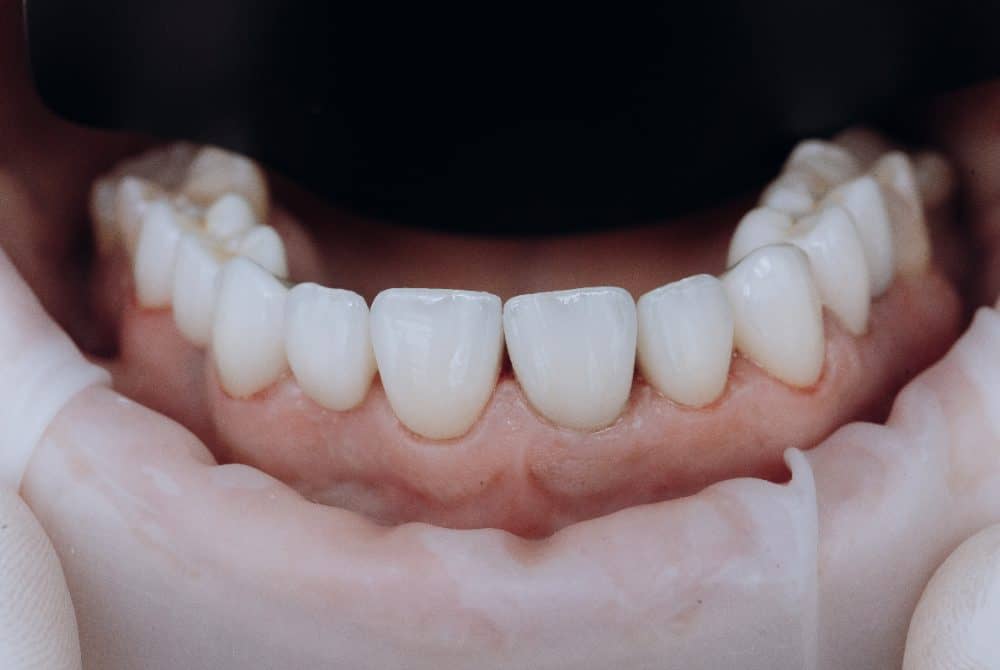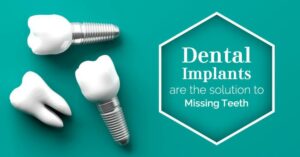Composite Bonding in Turkey
Composite bonding in Turkey is a cosmetic procedure that uses a tooth-colored composite resin material to enhance your smile. This procedure is used to repair chips, close down gaps or change the shape and color of a tooth. Unlike other cosmetic dental treatments, such as porcelain veneers, dental bonding is completely reversible.
Composite bonding in Turkey is a popular cosmetic dental procedure that can help improve the appearance of your smile. This minimally invasive treatment involves the application of a tooth-colored resin material to the surface of your teeth, which is then sculpted and molded to give you a more aesthetically pleasing smile. Whether you’re looking to correct minor chips, gaps, or discoloration, composite bonding can be an effective and affordable solution for many people. With the right care and attention, composite bonding can help you enjoy a brighter, more confident smile for many years to come.
Composite veneers in Turkey is a popular cosmetic dental procedure that can be used to improve the appearance of teeth that are discolored, chipped, or misaligned. During the procedure, a dentist will apply a tooth-colored composite material to the surface of the teeth, shaping and molding it until it has the desired appearance. The material is then cured, or hardened, with a special light, and the final result is a bright, beautiful smile that can last for several years. Whether you are looking to fix a single tooth or multiple teeth, composite bonding can be an effective and affordable solution for improving your smile.
OVERVIEW
What is composite bonding?
Composite bonding, sometimes called composite bonding or teeth bonding, is a cosmetic dentistry treatment used to enhance your smile. During the procedure, your dentist applies tooth-colored resin material to the affected teeth to change their shape, size or color.
When is composite bonding recommended?
Composite bonding in Turkey is used to make cosmetic improvements to your smile. The procedure uses tooth-colored composite resin material to:
- Conceal chips or cracks in your teeth.
- Camouflage tooth discoloration.
- Close gaps and spaces between your teeth.
- Make your teeth look longer.
- Change the shape of your teeth
The same composite resin material used in dental bonding is also used in restorative dentistry to:
- Fill cavities.
- Replace old silver dental fillings with a more cosmetic alternative.
- Protect teeth roots that have been exposed due to gum recession.

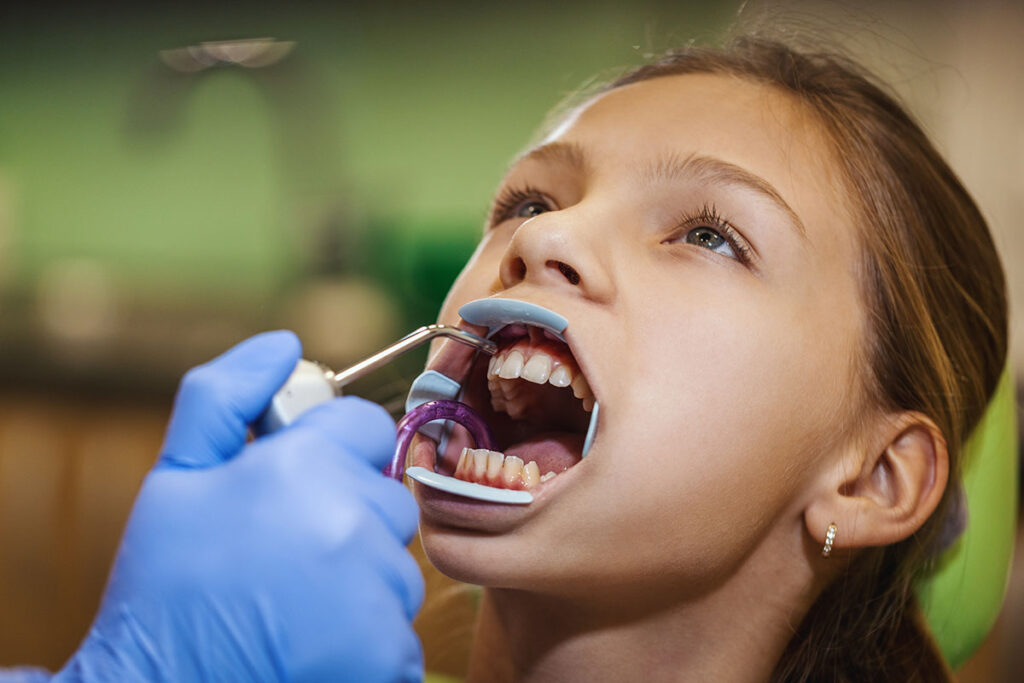
How common is composite bonding in Turkey?
Cosmetic composite bonding is very common. In fact, it’s one of the most frequently performed procedures in dentistry today.
Composite bonding vs veneers: What’s the difference?
Porcelain veneers are custom-made ceramic shells that adhere to the front surfaces of your teeth. To place them, your dentist typically must remove some enamel from your natural teeth. Once placed, porcelain veneers are not reversible. They’ll need replacing every 10 to 20 years.
Composite bonding, on the other hand, may not require significant enamel removal. As a result, bonding is completely reversible. You’ll likely need touchups every three to 10 years.
You might hear dentists use the term “composite veneers.” This is when your dentist uses composite resin material to cover the entire surface of your tooth.
PROCEDURE DETAILS
What happens before composite bonding?
Prior to Composite bonding, your dentist will sit down with you and discuss your cosmetic goals. They’ll also take Dental x-ray and examine your teeth and gums to make sure you’re eligible for the procedure. If you have severe tooth decay, gum disease or other serious oral health problems, you’ll probably need to treat those issues first.
What happens during composite bonding?
During your composite bonding procedure, your dentist will:
- Select a shade. Your dentist uses a shade guide to select a composite resin material that matches the color of your natural teeth.
- Prepare your tooth. The surface of your tooth is roughened and a conditioning liquid is applied. These steps help the bonding material stick to your tooth.
- Apply the composite resin material. The resin material (which is a putty-like consistency) is applied, molded and smoothed to the desired shape.
- Cure the material. Next, the composite resin is hardened with a special curing light, which “bonds” the material to the surface of your tooth.
- Polish your tooth. Finally, your dentist will make any necessary final adjustments and polish your tooth to a natural-looking shine.
The procedure takes about 30 to 60 minutes per tooth to complete.

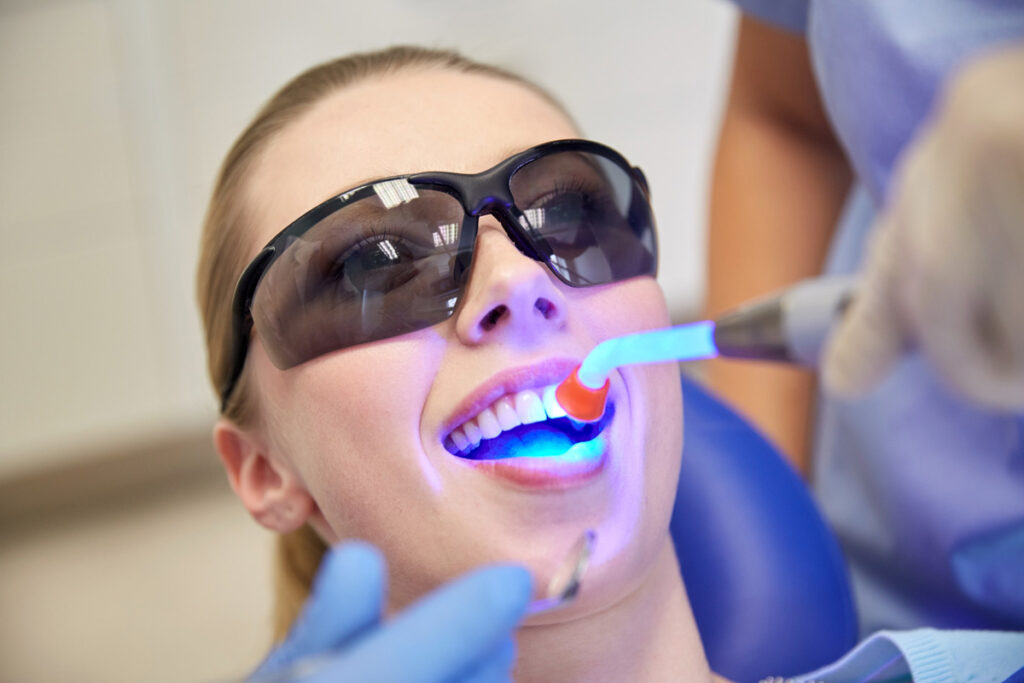
Is composite bonding painful?
Composite bonding usually isn’t painful because your dentist won’t be working anywhere close to the pain-sensing nerve inside your tooth. In most cases, anesthesia isn’t even necessary during composite bonding. Some people may experience temporary sensitivity after their dental bonding procedure. Over-the-counter pain relievers can help ease this discomfort.
What happens after composite bonding?
After composite bonding, proper oral hygiene is essential to keep your mouth healthy and bright. Brush at least twice a day with a soft toothbrush and fluoride toothpaste, and floss between your teeth once daily. In addition, you should visit your dentist regularly for check-ups and cleanings.
RISKS / BENEFITS
What are the advantages of composite bonding in Turkey?
Cosmetic composite bonding in Turkey offers many benefits compared to other cosmetic treatments. For example, the procedure is:
- Minimally invasive. While porcelain veneers and dental crowns require significant tooth alteration, dental bonding typically doesn’t require enamel removal.
- Cost-effective. Composite bonding is one of the least expensive cosmetic dental procedures available.
- Versatile. Composite bonding can conceal a wide range of cosmetic imperfections, including chips, cracks, gaps and discoloration.
- Fast and convenient. Other cosmetic procedures, like veneers and crowns, require multiple appointments. Composite bonding can be completed in just one office visit.
What are the disadvantages of composite bonding in Turkey?
Although composite bonding material is somewhat stain-resistant, it doesn’t resist stains as well as porcelain restorations. Another disadvantage is that bonding isn’t as long-lasting as other restorative options, such as veneers or crowns. Also, bonding materials can chip over time.
In general, composite bonding is an excellent solution for making small cosmetic changes. If you’re looking for a more dramatic transformation, you may be better suited for other treatments, such as porcelain veneers.
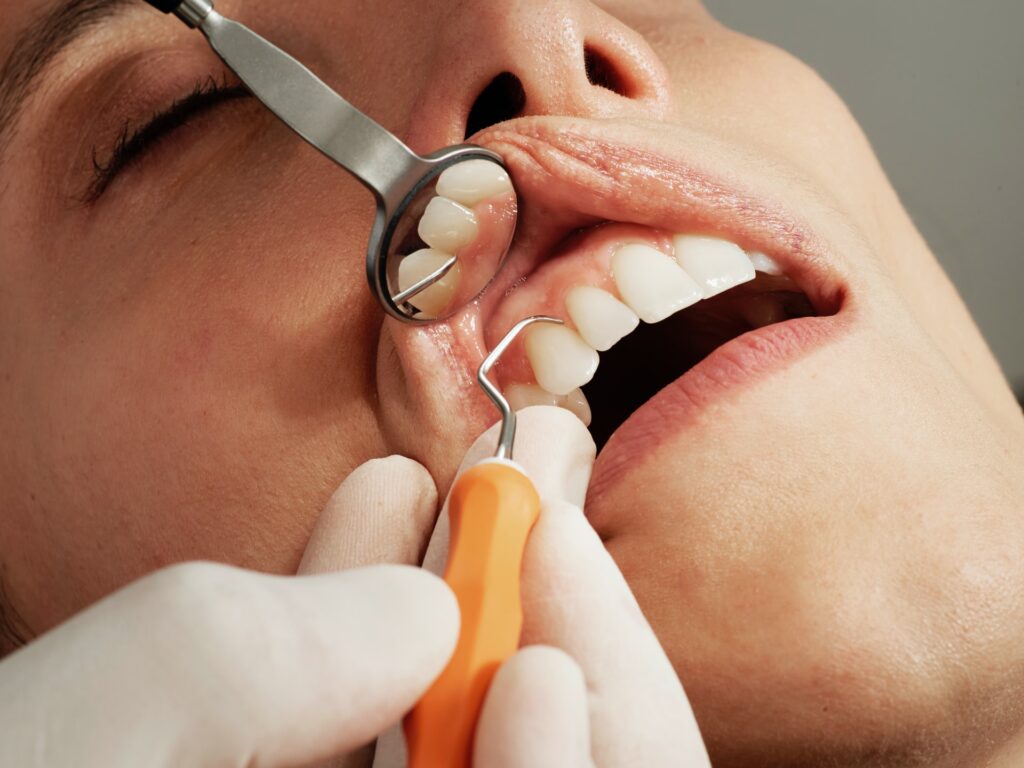
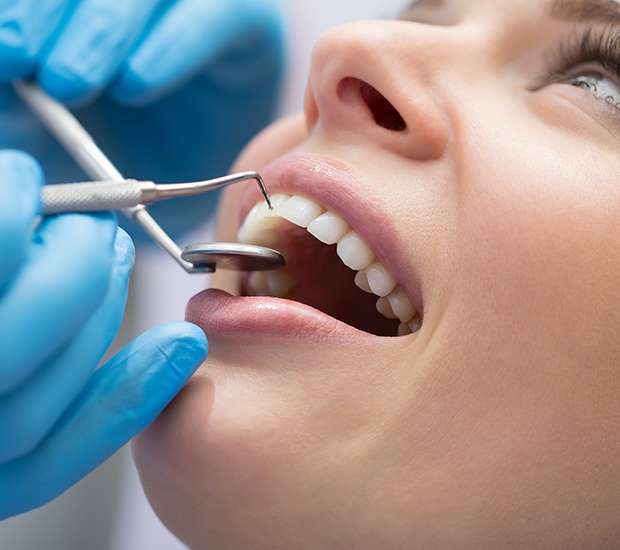
RECOVERY AND OUTLOOK
What is the recovery time after composite bonding in Turkey?
Composite bonding in Turkey requires zero downtime. You’ll be able to resume all normal activities as soon as you leave your dentist’s office.
Do teeth need special care after composite bonding?
No. Simply follow good oral hygiene practices. Brush your teeth at least twice a day, floss at least once a day and see your dentist for regular check-ups and cleanings.
Because bonding material can chip, it is important to avoid habits like biting your fingernails, chewing on pens or using your teeth to open packages. If you notice any sharp edges on a bonded tooth or if your tooth feels odd when you bite down, call your dentist.
How long does composite bonding in Turkey last?
How long bonding materials last depends on several factors, such as your oral habits and how many teeth were treated. Typically, however, bonding material lasts between three and 10 years before needing to be touched up or replaced.
Is bonding good for your teeth?
In general, composite bonding doesn’t pose any risks to your oral health. If you have healthy teeth and gums, then it’s perfectly safe.
However, if you have extensive tooth decay, gum disease or other serious issues affecting your oral health, you may need to have other treatments before pursuing dental bonding.
Is bonding on teeth permanent?
No. Because composite bonding doesn’t require enamel removal, it can be reversed at any time.
WHEN TO CALL THE DOCTOR
When should I see my dentist?
If you have chips, cracks, discoloration or other concerns about the way your teeth look, (schedule a free online consultation) with our expert dentists. They can talk with you about your cosmetic goals and design a personalized treatment plan to fit your needs.
If you’ve recently had cosmetic dental bonding, call your dentist if your bite feels “off.” They can correct this issue during a quick appointment.
A note from Tooth In Turkey:
Cosmetic imperfections like chips, gaps, cracks or discoloration can detract from your smile and leave you feeling less confident. Dental bonding is a simple and effective treatment that can bring balance and uniformity to your smile. To find out if it’s right for you, talk to your dentist.
Other Treatments
Dental Implant:
A Permanent Solution for Missing Teeth Dental implants are a popular and effective solution for replacing missing teeth. They are surgically placed into your jawbone, where they fuse with your bone and provide a stable foundation for a custom-made crown. Unlike dentures or bridges, dental implants don’t rely on adjacent teeth for support and are designed to last a lifetime with proper care.
Veneers:
A Smile Makeover with Lasting Results Veneers are a popular cosmetic dental procedure that can give you a brighter, straighter, and more uniform smile. They are thin shells of porcelain or composite resin that are bonded to the front of your teeth, covering up imperfections and improving the appearance of your smile.
Zirconia Crowns:
The Strong and Natural-Looking Option Zirconia crowns are a type of dental crown that are made from a strong, durable ceramic material. Unlike traditional metal crowns, zirconia crowns are virtually invisible, making them a popular choice for restoring damaged or discolored teeth. They are also biocompatible, meaning they won’t cause any adverse reactions in your mouth.
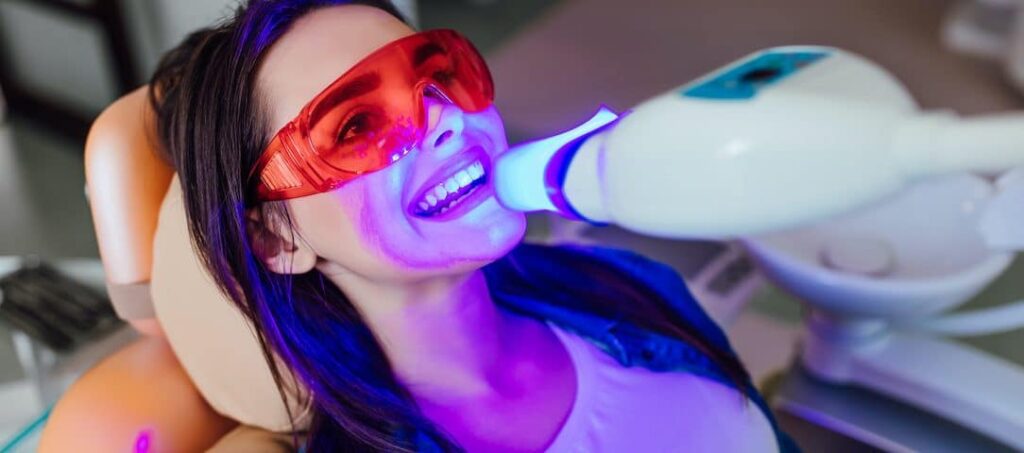
Teeth Whitening:
Teeth whitening is a cosmetic dental procedure aimed at improving the appearance of stained, dull or discolored teeth through the use of bleaching agents, which can be applied in-office or at home with custom-fitted trays.

